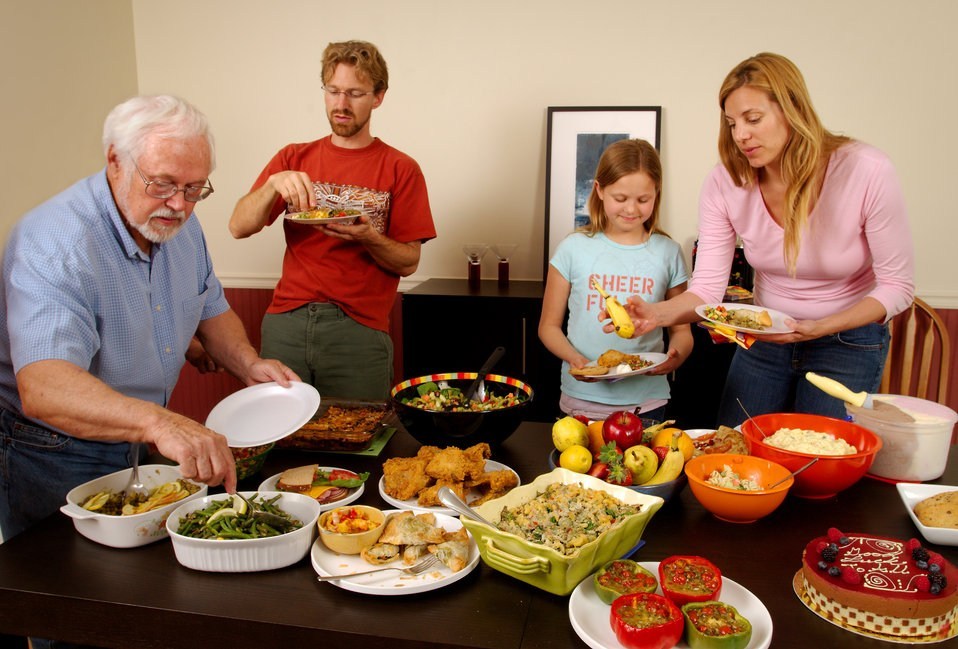Professor Erika Vlieghe, who heads the Group of Experts for the Exit Strategy (GEES), wants to propose new social contact rules at the National Security Council next week.
"We are still going to have to limit our contacts, but perhaps differently and less focussed on that number of four," Vlieghe told VRT.
As of 10 May, every household can receive up to four guests in their home, immediately causing people to question what this actually meant, as politicians and experts clarified that these people could then not see anyone else, and police announced that it was impossible to check if everyone complied with the measure.
Further relaxations also allowed groups of 20 people to play sports outdoors, 30 guests allowed at weddings and funerals and bubbles of 50 children for summer camps, keeping the necessary social distance has become increasingly difficult.
With schools also reopening to all pupils soon, Vlieghe believes the 'rule of four' has "hit its limit."
"We all feel that we are gradually evolving to a situation in which we have to deal with our contacts in a different way," she said, adding that the GEES "wishes to formulate some new recommendations on this matter" during the next Security Council on Wednesday, when Phase 3 of the exit plan will be discussed.
Related News
- How the size of your social bubbles is determined
- Exit Plan: What having 4 guests actually means
- Belgium's Security Council will meet on 3 June
She did not give any details, but spoke of "general rules" that "last longer" and no longer "cling to a certain number."
It is a possibility that a distinction will be made between what is allowed for young children and adults. The social distancing rules in primary education have already been dropped, "because children are not the driving force behind the epidemic."
Until now, pupils in school needed to have four squares metres to themselves in class, but from 8 June, that rule will be abolished.
"Children are probably less contagious than adults are, to each other. That has become clearer in recent weeks," said Vlieghe. "The distance between pupils and the teacher, between teachers and between teachers and parents is much more important," she added.
"The concept of 'bubbles' remains important," Vlieghe stressed, in order to be able to check who was in contact with whom when someone falls ill. "That way, the contact tracing also remains feasible and comprehensible," she added.
Maïthé Chini
The Brussels Times

